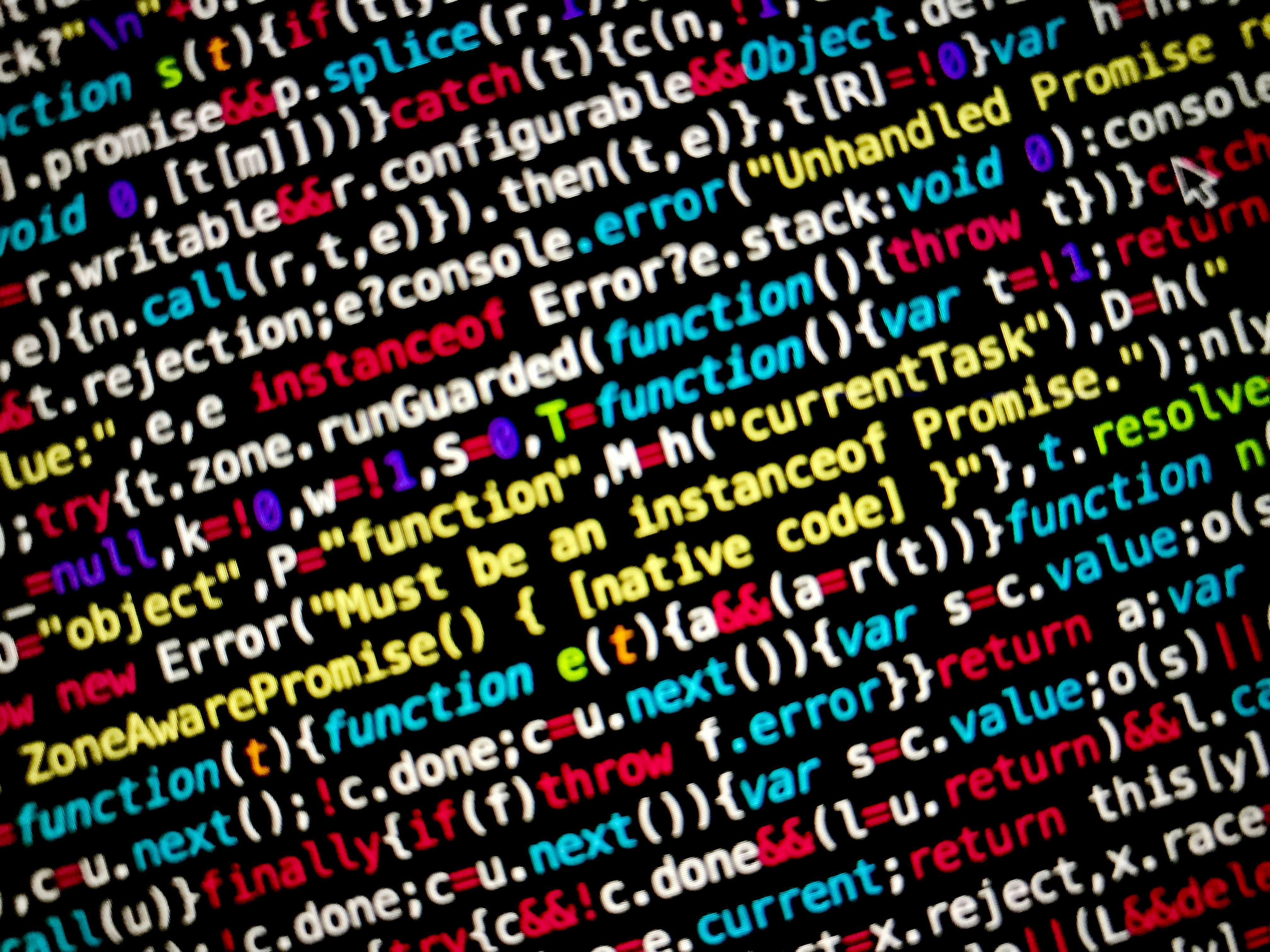UNICEF-ITU Initiative, Giga, Embraces Lido Impact Staking for Financing Worldwide School Internet Connections
Headline: Giga Embraces crypto-backed Philanthropy to Achieve Connectivity for Schools Globally
Get ready to join forces with Giga and Lido Impact Staking (LIS) in a revolutionary venture to connect the world's schools to the internet! This dynamic partnership is revolutionizing the realm of philanthropy by seamlessly integrating staking rewards into long-term sustainable funding for high-impact projects.
Connecting Every School: The Giga Initiative
Giga, the joint effort between UNICEF and International Telecommunication Union (ITU), is powering governments worldwide to design, plan, and execute school connectivity initiatives. With its fresh strategy, every school can enjoy the benefits of an internet-connected learning environment, bridging the digital divide.
Lido Impact Staking (LIS): Philanthropy Goes Blockchain
Lido Impact Staking is making waves in the crypto world as it lands Giga as one of its high-impact projects. Institutions and individuals can now stake their ETH and contribute to this noble cause without letting go of their precious capital. LIS fosters a sustainable funding model for global connectivity, giving new meaning to the term "impact staker."
Gerben Kijne, Blockchain Product Lead at Unicef, put it simply, "By employing innovative financing models like Lido Impact Staking, we can accelerate school connectivity for millions at scale."
Unpacking Lido Impact Staking
Lido Impact Staking empowers ETH holders to allocate a portion of their staking rewards towards expanding internet access for educational institutions in need. The yardstick of traditional donations, "give and forget," is eliminated as ETH stakers hold the reins of their capital intact while sending the fruits of their rewards towards global connectivity efforts.
This crypto-powered philanthropy approach has set sail as an inspiring real-world application of blockchain technology. With UNICEF Giga's backing, LIS is demonstrating the potential for creating lasting change in the world.
Turning Institutions Green
The partnership between Giga and LIS provides companies, foundations, and Web3 communities with an enticing option for scaling, capital-efficient contributions to global initiatives. Institutions can stake ETH for Giga while guaranteeing sustained funding for the mission of school connectivity, without touching their originals assets.
The Innovation in a Nutshell
Hailing from the imaginative minds at Launchnodes, Lido Impact Staking debuted in April 2020. The Lido Ecosystem Grants Organization provided the necessary funding to develop LIS middleware, and now, they collaborate with NGOs, governments, and philanthropic foundations who recognize the transformative power of Impact Staking.
By directing staking rewards to causes with impact, this model delivers a sustainable, trailblazing approach to responsible and effective philanthropy.
Step Up and Connect the World
Join the movement that's redefining philanthropy – tap into Lido Impact Staking at https://stake.giga.global/. Together, with Giga and LIS, we can work towards connecting every school to the internet by 2030, paving the way for a more informed, connected future.
And don't forget to contact:
- Akunna Ibe, Giga – UNICEF/ITU: [email protected]
- Andrei Druta, Lido Impact Staking: [email protected]
Synopsis: Lido Impact Staking makes it possible for donors to support crucial initiatives, like expanding internet access for schools, while keeping their principal capital intact. The model strategically directs staking rewards towards high-impact causes, such as Giga, embracing a novel, blockchain-driven approach to philanthropy. LIS is one of the cutting-edge methods that allows users to maintain control of their assets while contributing to global projects and social impact.
Some essential elements of LIdo Impact Staking:
- Redirecting Staking Rewards: Donors redirect their staking rewards (earned by staking crypto assets) to impactful initiatives, such as Giga, without relinquishing ownership of their principal assets.
- Seamless Integration: Lido Impact Staking leverages the liquid staking technology of the Lido Protocol, making it user-friendly and accessible (even without extensive blockchain expertise).
- No Principal Drawdown: LIS empowers donors to retain their original capital while directing the staking rewards towards their chosen causes.
By liberating their assets from conventional fundraising methods, donors can support global initiatives, participate in the crypto market, and maintain ongoing support for their chosen cause while reveling in the compounding impact of their contributions. The phenomenon exemplified by the partnership between Giga and LIS represents a progressive step towards a more sustainable, impact-driven approach to philanthropy.
[1] Enrichment Data - More Details on LIDO Impact Staking
[1] Enrichment Data - Recent Partnerships and Adaptability of LIDO Impact Staking
- The Lido Impact Staking (LIS) model, a pioneering blockchain solution, allows individuals and institutions to stake their Ethereum (ETH) for projects like Giga, supporting school internet connectivity while retaining their capital.
- LIS employs the liquid staking technology of the Lido Protocol to seamlessly integrate staking rewards into high-impact causes, such as bridging the digital divide for schools worldwide.
- By directing staking rewards towards impactful initiatives like Giga, this model eliminates the traditional "give and forget" approach, allowing donors to maintain control of their assets and contribute to global projects.
- Decentralized finance (DeFi) enthusiasts can learn about education-and-self-development opportunities through Lido Impact Staking, as it represents an innovative way to combine the power of crypto technology and philanthropy.
- The collaboration between Giga and LIS showcases the potential for the technology industry and the finance sector, particularly crypto and web3 communities, to support revolutionary philanthropic projects, such as staking Ethereum to fuel school internet connectivity initiatives by 2030.




